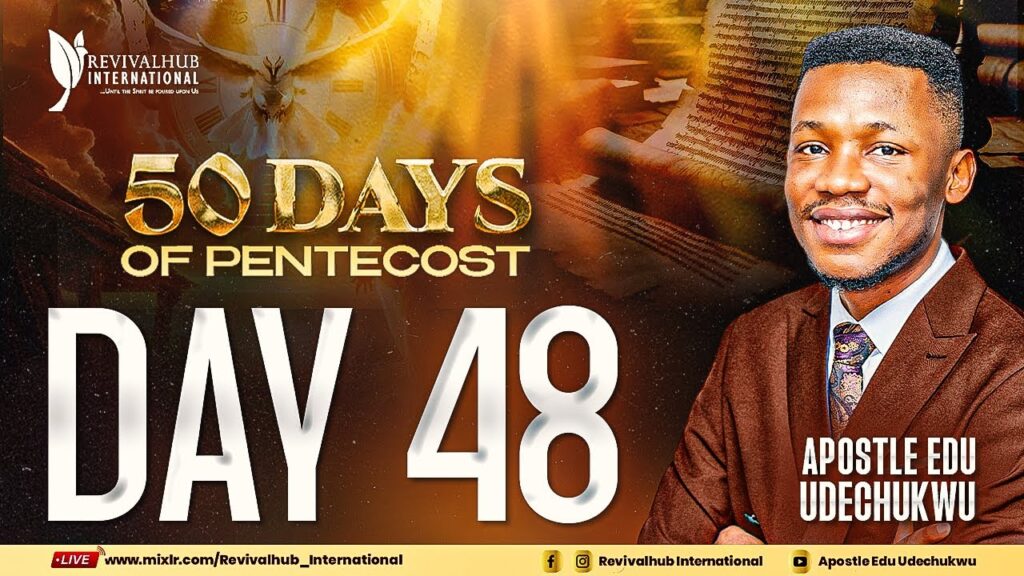
Introduction to Pentecost
Pentecost, celebrated 50 days after Easter Sunday, holds immense importance for Christians worldwide. It commemorates the descent of the Holy Spirit upon the apostles, marking the birth of the Church. This event, documented in the Book of Acts in the New Testament, signifies not only a pivotal moment in Christian history but also serves as a reminder of the empowerment believers receive from the Holy Spirit.
The Biblical Foundation of Pentecost
The origins of Pentecost can be traced back to the Jewish Feast of Weeks, or Shavuot, which celebrates the end of the grain harvest and the giving of the Torah at Mount Sinai. For Christians, however, Pentecost has evolved into a celebration of spiritual renewal and mission. According to Acts 2:1-4, the Holy Spirit descended upon the apostles as tongues of fire, enabling them to speak in various languages and spread the Gospel effectively.
Current Observances of Pentecost
Today, many Christian denominations observe Pentecost with specific rituals and traditions. In Catholicism, Pentecost is a solemn feast day, often marked with special liturgies, the wearing of red garments symbolizing the Holy Spirit, and readings that reflect on the significance of the Spirit in the lives of believers.
Protestant churches also embrace Pentecost, sometimes holding services focused on the themes of unity and empowerment. Traditions may vary significantly; while some congregations opt for vibrant celebrations featuring music and prayer, others might dedicate time for personal reflection and teaching about the Holy Spirit.
Significance for Today’s Believers
The relevance of Pentecost extends beyond traditional observance. It invites believers to reflect on their own experiences of the Holy Spirit and how those interactions shape their spiritual journeys. In a world fraught with division and uncertainty, Pentecost serves as a reminder of the unity that the Holy Spirit brings to the Christian community, encouraging believers to engage in outreach, advocacy, and compassion.
Conclusion
As society evolves, the significance of Pentecost remains steadfast, underscoring the importance of spiritual empowerment and community. It calls individuals to embrace their faith actively and to participate in the mission of the Church. The ongoing celebration of Pentecost is not just an annual event but a call to action, inviting believers to live out their faith through love, service, and the guidance of the Holy Spirit.



